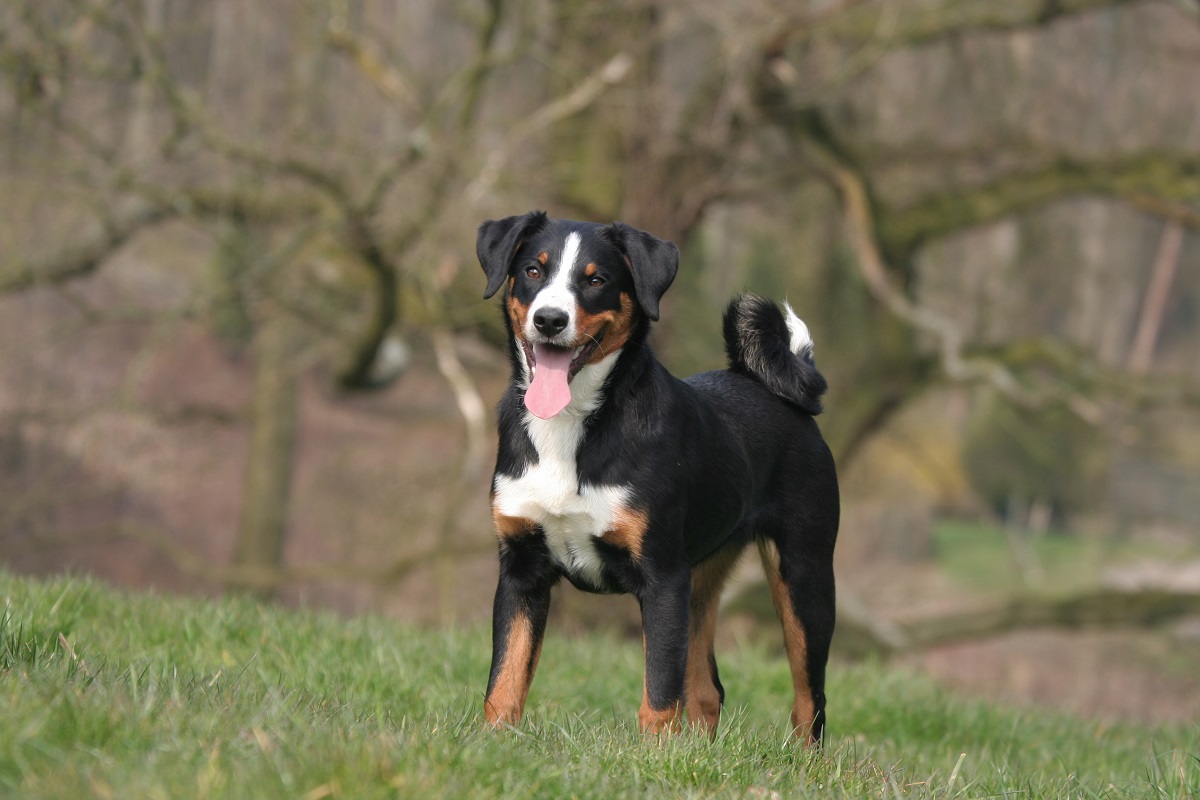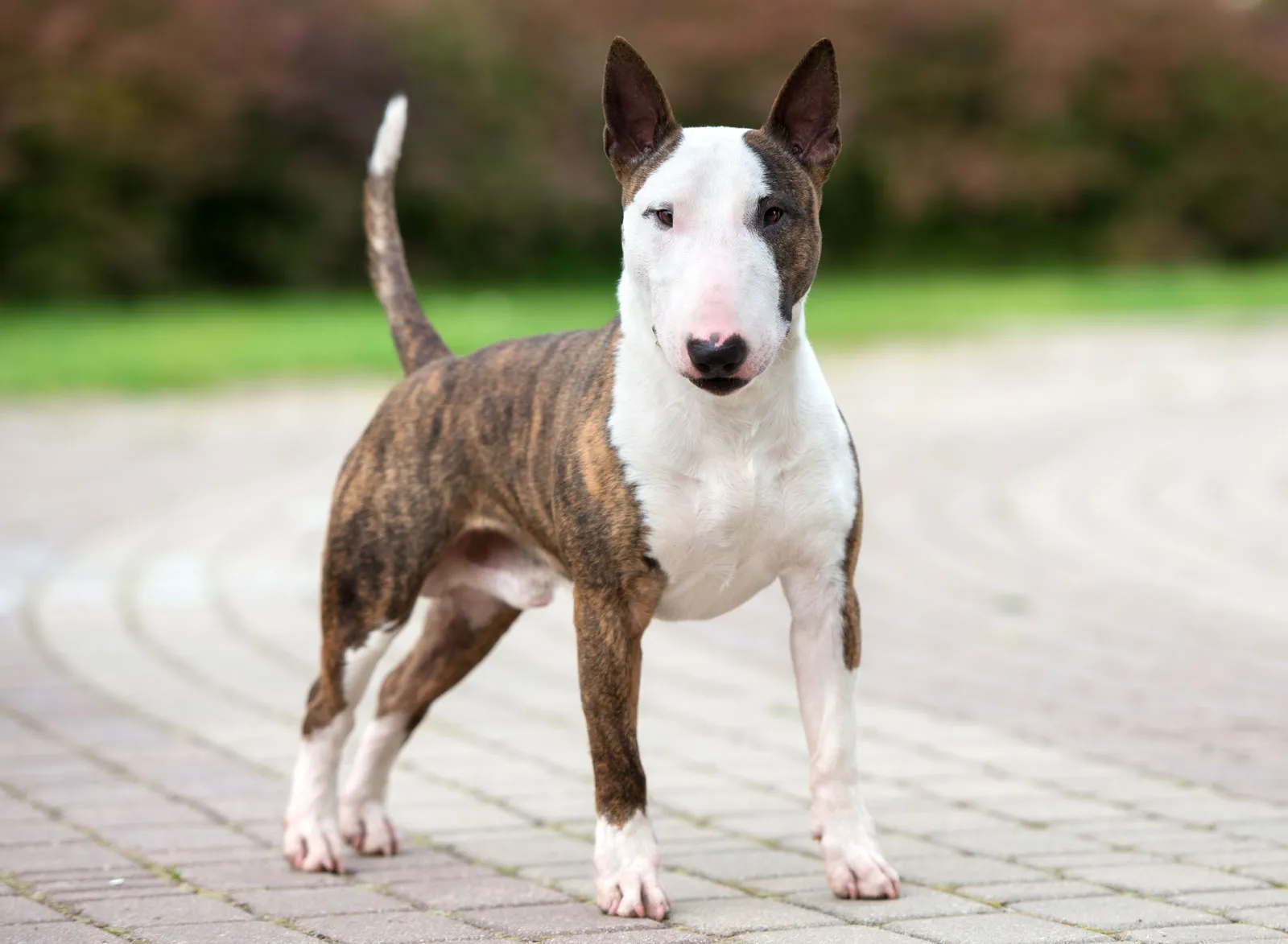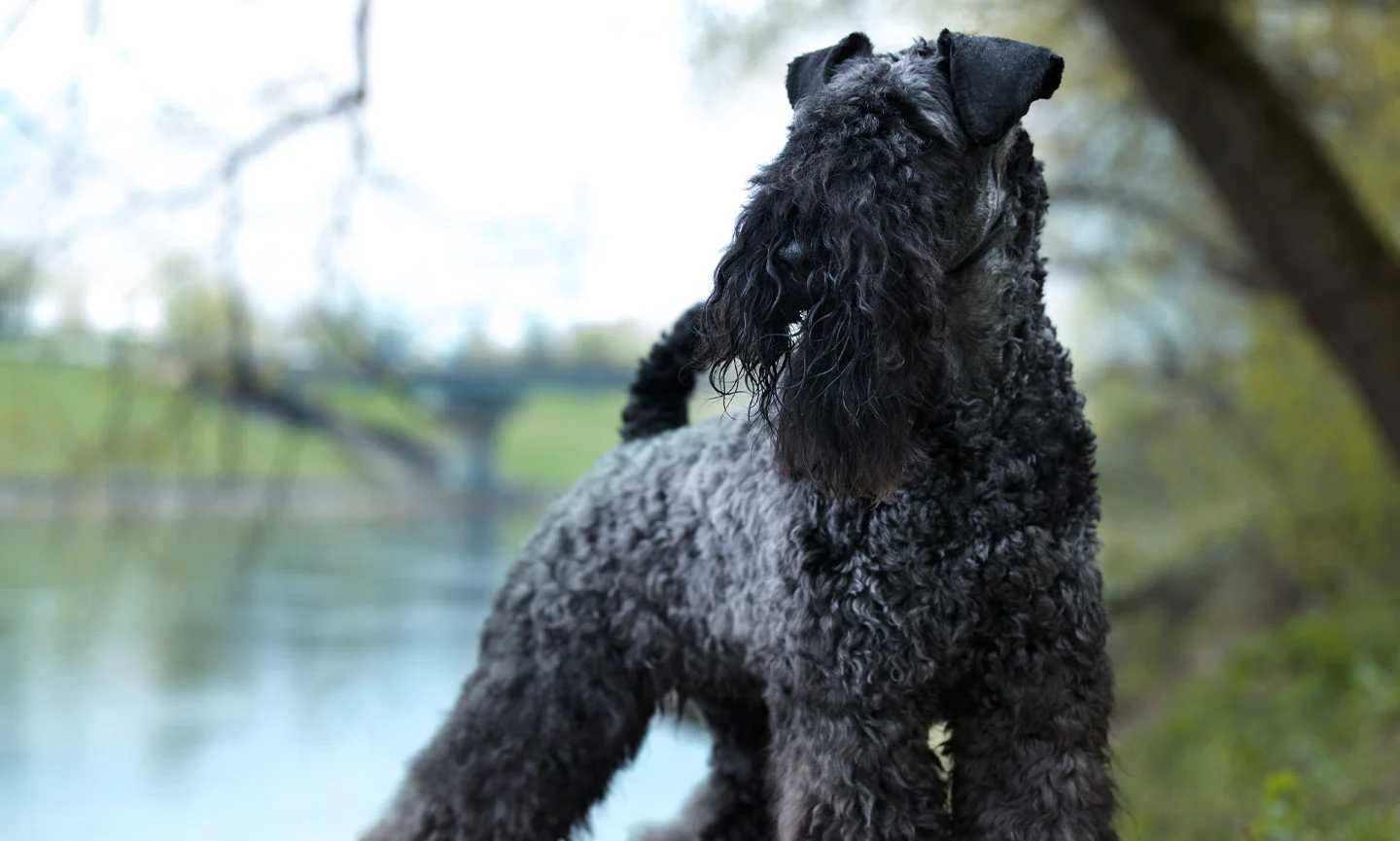Introduction
The Appenzeller Sennenhund is a medium-sized breed of dog that originated in Switzerland. Also known as the Appenzeller Mountain Dog or Appenzell Cattle Dog, this breed is renowned for its strength, agility, and endurance. With a distinctive tricolored coat and a lively and intelligent personality, the Appenzeller Sennenhund is a popular choice for families and working dog enthusiasts alike. Originally bred to herd cattle, this breed is also well-suited to a variety of other tasks, including search and rescue, tracking, and obedience training.
Temperament
The Appenzeller Sennenhund breed is known for their lively, energetic, and intelligent personality. They are confident and independent but also loyal and affectionate towards their family. These dogs are highly active and require plenty of exercise and mental stimulation to prevent boredom and destructive behavior. Appenzellers are also known for their alertness and make excellent watchdogs. Overall, they are a spirited and hardworking breed with a strong sense of loyalty and dedication to their owners.
Aggression
The Appenzeller Sennenhund is a breed of dog that is known for its energy, intelligence, and loyalty. However, like any other breed, the Appenzeller Sennenhund can display aggressive behavior under certain circumstances. Aggression in Appenzeller Sennenhunds can be caused by a variety of factors, including fear, dominance, territoriality, and genetics. It is important for owners to understand the signs of aggression in their dogs and to take appropriate steps to manage and address the behavior. This may include training, socialization, and working with a qualified veterinarian or animal behaviorist to identify and address underlying issues
Health and Lifespan of Appenzeller Sennenhund
Aggressive behavior in German Shorthaired Pointers may stem from factors such as genetics, lack of socialization, fear, or territoriality. Although uncommon in the breed, any dog has the potential for aggression under certain circumstances.
Prevention measures include early socialization and training, positive reinforcement, and adequate exercise and stimulation to reduce boredom and frustration.
If aggressive behavior is present, seek the assistance of a professional dog trainer or behaviorist to address the issue promptly and ensure safety.
The reported lifespan range for Appenzeller Sennenhund is typically between 12-15 years. However, with proper care, diet, exercise, and regular veterinary checkups, some individuals may live beyond this range. It is important to note that genetics, environment, and lifestyle factors can all impact the lifespan of a dog. As such, it is essential to provide these dogs with a healthy and happy life to maximize their lifespan.
Food for Appenzeller Sennenhund

Choosing the best food for your Appenzeller Sennenhund will depend on various factors, including their age, activity level, and any health conditions they may have. As a general rule, high-quality, well-balanced commercial dog food that meets their nutritional needs is a good option. Look for dog food that lists high-quality protein sources, such as meat or fish, as the first ingredient and includes appropriate amounts of fats, carbohydrates, vitamins, and minerals. It is also essential to provide fresh water at all times and avoid feeding your dog table scraps or human foods that are high in salt, fat, and sugar
Training for Appenzeller Sennenhund
Training an Appenzeller Sennenhund can be a rewarding and enjoyable experience for both the dog and the owner. Here are some tips for effective Appenzeller Sennenhund training:
- Start training early: Begin training your Appenzeller Sennenhund as soon as possible, ideally during puppyhood. This will help establish good behavior and prevent bad habits from forming.
- Use positive reinforcement: Appenzeller Sennenhunds respond well to positive reinforcement methods, such as treats, praise, and play. Reward good behavior consistently to reinforce it.
- Be patient and consistent: Training an Appenzeller Sennenhund takes time and patience. Consistency in training methods and commands is important to avoid confusion.
- Socialize your dog: Appenzeller Sennenhunds thrive in social settings, so it’s important to expose them to a variety of people and animals to avoid shyness or aggression.
- Keep training sessions short and fun: Appenzeller Sennenhunds have a short attention span, so keep training sessions brief and engaging. Incorporate fun activities and games to keep your dog motivated.
Remember, Appenzeller Sennenhunds are intelligent and eager to please, making them highly trainable with the right approach. Consistent training and socialization can help ensure a happy and well-behaved companion.
Conclusion
In conclusion, the Appenzeller Sennenhund is a lively, hardworking, and loyal breed with a lifespan of approximately 12-15 years. They require plenty of exercise, mental stimulation, and a well-balanced diet to live a healthy and happy life. Appenzellers are great companions for active individuals or families and excel in tasks such as herding, guarding, and agility training. With proper care and attention, these dogs make wonderful and devoted pets. If you are considering adding an Appenzeller Sennenhund to your family, be sure to do your research and provide them with the care and attention they need to thrive.



